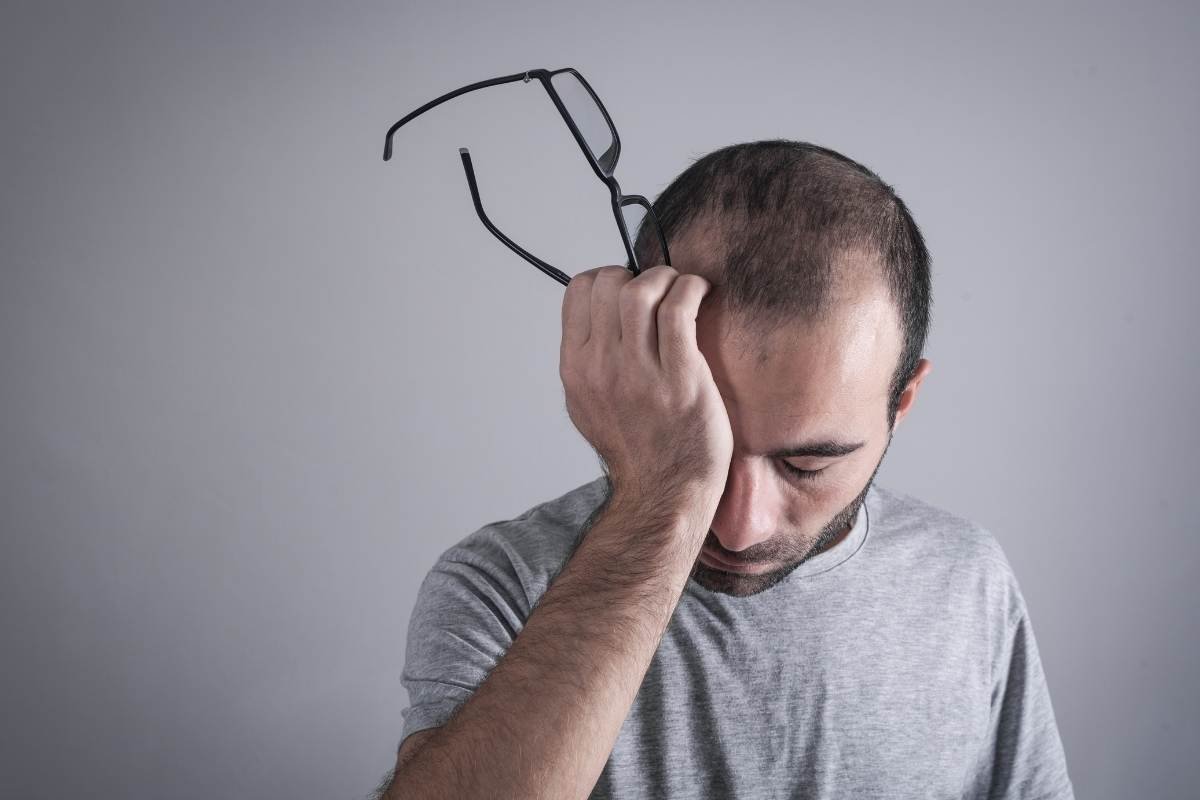Study finds persistent balance and vision impairments in patients four weeks to six months after concussion at similar rates regardless of self-reported symptom presence
By Conor Gormally. This article was initially published in our Concussion Update newsletter; please consider subscribing.
A study by Olivia Galea et al., published in Archives of Physical Medicine and Rehabilitation, found that over half of participants had persistent sensorimotor impairments at four weeks to six months after suffering a mild traumatic brain injury (mTBI). The authors note that “These disturbances were evident regardless of whether ongoing symptoms were reported,” including those patients who said they were asymptomatic.
Their study included 113 individuals aged 18-60: 39 controls with no concussion history, 35 self-reported asymptomatic mTBI patients, and 37 self-reported symptomatic mTBI patients. All mTBI patients were between 4 weeks and six months out from their initial injury.
The authors used “assessments of oculomotor, vestibulo-ocular reflex (VOR) control, balance, single- and dual-task tandem walk, and vestibular positional testing” to investigate whether mTBI patients had persistent sensorimotor impairments compared to controls. They also were interested in whether asymptomatic and symptomatic patients had impairments at different rates.
Galea et al. found that both asymptomatic and symptomatic mTBI patients performed worse on balance and tandem walk tests than controls. Their results also indicated issues found on the VOR, oculomotor, and vestibular positioning tests. Further, asymptomatic patients had two or more oculomotor insufficiencies at almost identical rates to symptomatic patients (53.7% mTBI overall, 53% asymptomatic mTBI) and at significantly higher rates than controls (10.8%).
Given that these impairments were apparent regardless of whether the patients reported ongoing symptoms, the authors argue for “routine clinical assessment of sensorimotor function post mTBI with implications for injury prevention.”
Concussion Alliance has reported on research findings that athletes have a significantly increased risk of lower extremity musculoskeletal injury even after “recovery” from concussion and full return to play. The high rate of persistent sensorimotor impairments as far as six months post-injury in patients reporting no symptoms may be contributing to this increased risk. See our Therapies Currently Available synopsis, which also addresses this issue.

